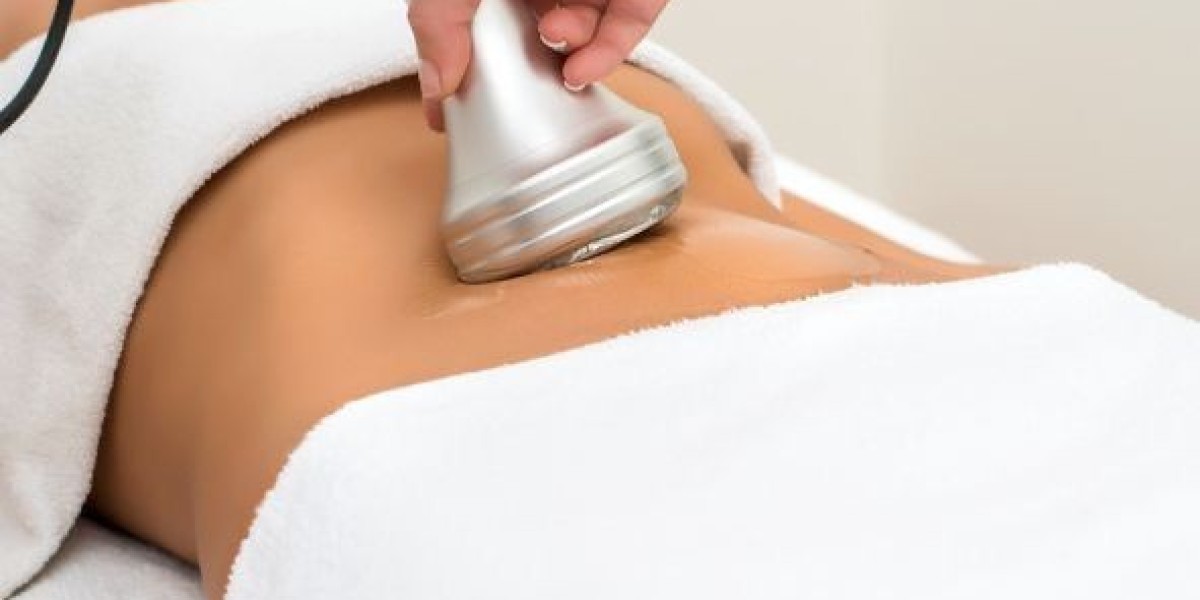In recent years, interest in natural health solutions has led many people to seek alternatives to conventional toothpaste. Whether due to sensitivities, concerns about synthetic ingredients, or a desire for more sustainable living, toothpaste alternatives have grown in popularity. These substitutes can be just as effective—sometimes even more so—at cleaning teeth, freshening breath, and maintaining gum health. This article explores several proven and safe alternatives to traditional toothpaste.
Why Consider Toothpaste Alternatives? Sls free toothpaste
Commercial toothpastes often contain ingredients like sodium lauryl sulfate (SLS), artificial sweeteners, synthetic fluoride, and preservatives. While these compounds help in foaming and cleaning, they may cause irritation, allergic reactions, or long-term health concerns for some users. Toothpaste alternatives provide a way to maintain good oral hygiene using simpler, more natural ingredients—often with fewer side effects and a smaller environmental footprint.
Top Toothpaste Alternatives
1. Baking Soda (Sodium Bicarbonate)
How it works: Baking soda is a mild abrasive that helps remove plaque and surface stains. It also neutralizes mouth acids, reducing the risk of cavities and bad breath.
How to use: Dip a damp toothbrush into baking soda and brush as usual. You can also mix it with coconut oil for a smoother texture.
Pros: Inexpensive, naturally whitening, pH-balancing
Cons: Can be abrasive if used excessively
2. Coconut Oil (Oil Pulling)
How it works: Coconut oil has antimicrobial properties due to its lauric acid content. “Oil pulling” involves swishing a tablespoon of oil in the mouth for 10–20 minutes to pull out toxins and bacteria.
How to use: Swish a tablespoon of organic coconut oil in your mouth before brushing. Spit it into the trash (not the sink, as it can clog pipes).
Pros: Helps reduce plaque, fights bacteria, freshens breath
Cons: Time-consuming, not a replacement for brushing
3. Sea Salt
How it works: Salt acts as a natural disinfectant and helps restore the pH balance in the mouth. It can also promote healing of inflamed gums.
How to use: Dissolve a pinch of sea salt in warm water and use as a rinse, or dip your toothbrush into a fine sea salt powder.
Pros: Natural antibacterial, helps with gum issues
Cons: Abrasive in raw form, may irritate sensitive mouths
4. Clay-Based Powders (e.g., Bentonite Clay)
How it works: Clay absorbs toxins and bacteria while gently polishing teeth. It’s rich in minerals like calcium and magnesium, which may benefit enamel.
How to use: Mix with water or coconut oil into a paste and brush. Some people add essential oils like peppermint for flavor.
Pros: Detoxifying, mineral-rich, gentle on enamel
Cons: Can feel gritty, may require preparation time
5. Tooth Soap or Natural Castile Soap
How it works: Natural liquid soap can clean teeth without harsh chemicals. It may sound odd, but certain mild, food-safe soaps have been used for oral hygiene.
How to use: Place a drop on your toothbrush and brush as normal. Avoid soaps with added fragrances or synthetic ingredients.
Pros: Very effective cleanser, no residue
Cons: Unusual taste, may require an adjustment period
6. Herbal Tooth Powders
How it works: These are blends of herbs like neem, clove, licorice root, and mint that naturally fight bacteria and soothe gums.
How to use: Dip a wet toothbrush into the powder and brush. You can also make your own blends at home.
Pros: Anti-inflammatory, antimicrobial, chemical-free
Cons: Messier than paste, flavor may vary
7. Hydroxyapatite Powder
How it works: Hydroxyapatite is a mineral that mimics the natural structure of tooth enamel. It helps remineralize teeth and is a fluoride-free alternative.
How to use: Found in some natural tooth powders and pastes or as a standalone powder to be mixed with other ingredients.
Pros: Supports enamel repair, safe for all ages
Cons: Higher cost, not as widely available
Final Thoughts
Toothpaste alternatives offer a natural path to oral hygiene without the synthetic additives found in commercial brands. Whether you're looking for a DIY approach or simply want to avoid certain chemicals, options like baking soda, clay, coconut oil, and herbal powders provide effective solutions. However, it’s important to note that any alternative should still include brushing, flossing, and regular dental checkups to maintain a healthy mouth.
搜索
热门帖子








